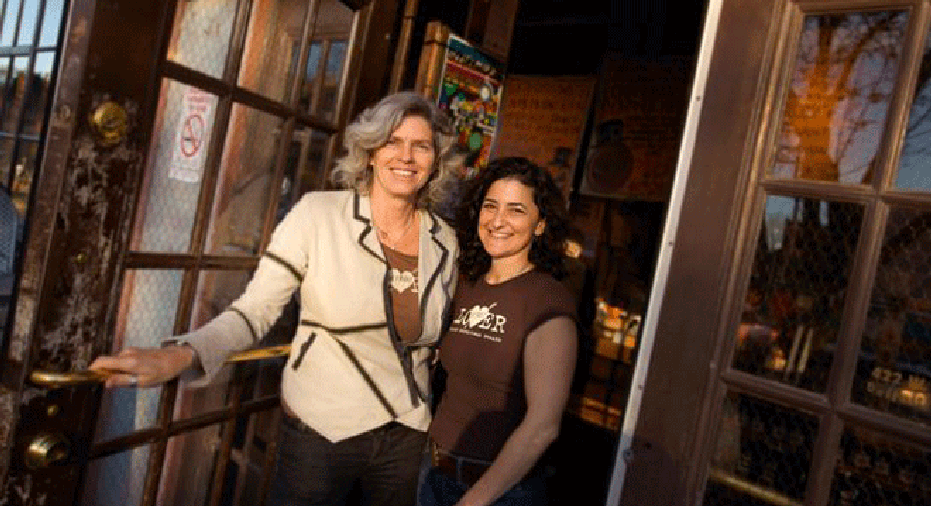Fund Brings Cash to Inner City Dreamers, Businesses

Ann Perrault and Jackie Victor describe themselves as true inner-city entrepreneurs. Their business, the Avalon Bread Company, is located in the heart of Detroit, Michigan. It has been a city staple since 1997, with locals referring to it simply as “the bakery.” But, according to the owners, it hasn’t been a ride on easy street.
In 2007 when the economic tornado began its spin, believe it or not Perrault and Victor were busy working on an expansion plan, turning to the Inner City Capital Connections (ICCC) program for help. The ICCC program, in partnership with the Small Business Administration and the Bank of America, helps inner-city companies obtain capital and mentors to expand, and holds events where entrepreneurs present business plans in front of a panel of potential investors. From there they receive feedback and criticisms, and hopefully plant the seeds for growth.
Since its inception in 2005, 375 companies have participated in the ICCC program, raising $703 million as of last year’s figures. In 2010, entrepreneurs in the ICCC class raised $290 million.
“ICCC got me involved with their program for CEOs, and taught me how you go about pitching and asking different investors for funding,” Perrault said. “I agree with Michael Porter’s [founder of the Initiative for a Competitive Inner City, which launched ICCC] philosophy on growing inner city businesses to grow the city. They are big cheerleaders for you.”
Avalon was named one of the fastest-growing inner city businesses in ICCC’s Inner City 100 program, which is how Perrault and Victor found out about ICCC. In 2008, the company secured a five-tier loan totaling $2.2 million from the Michigan Economic Growth and Development Court, Main Street Bank, Whole Foods, Invest Detroit and Bank of America.
Today, the partners are expanding into a 50,000-square-foot bake house, in addition to their two retail locations.
And another entrepreneur who set up shop in a big city – one known as the Big Apple, Nadine Cino founded Tyga-Box in 1991 with $200,000 in personal savings. She says she got her idea when relocating her design studio to a new space in New York City, and was confronted with what she saw as a major ecological cost — the single-use moving box.
The company allows people to rent plastic boxes to be more ecologically conscious. The company cost Cino and her husband their life savings, and she says has since reinvented itself three times. Then in the mid-2000s, the company grew to $2 million in annual revenues.
Cino says she was referred to ICCC by a colleague two years ago as she was trying to expand the Tyga-Box system with a new feature—electronic tracking. The company secured $2 million in debt from Bank of America via ICCC. This includes $50,000 upfront, and the additional $1.25 million upon reaching certain benchmarks.
In five years, Cino said she plans to take that $2 million loan, and grow the company to $70 million annually, and increase her employment by four times.
“Bank of America created the forums for us to access capital,” she said, “but it’s up to the entrepreneur to figure out how and why their business is scalable. You have to know what you are asking for.”
Carolyn Galiette, senior managing director at Ironwood Capital, has been collaborating with ICCC for several years. The firm is looking for established revenue streams from entrepreneurs presenting at the programs, and has not yet invested via ICCC.
“The quality of their management team is key, as well as the demonstrated ability to execute their strategy,” she said. “The conferences enable business owners to see there are lots of different types of capital out there for them.”
For entrepreneurs, Galiette said before even seeking capital, it’s key to have an established network with trusted advisors, as well as an accountant, banker and law firm you can turn to.
“It’s part of doing your homework, and getting to know people before you do business with them,” she said. “Then when you pitch, present something concise and easy to understand. A lot of business owners are excited, and want to wax poetic on how wonderful their business is.”



















